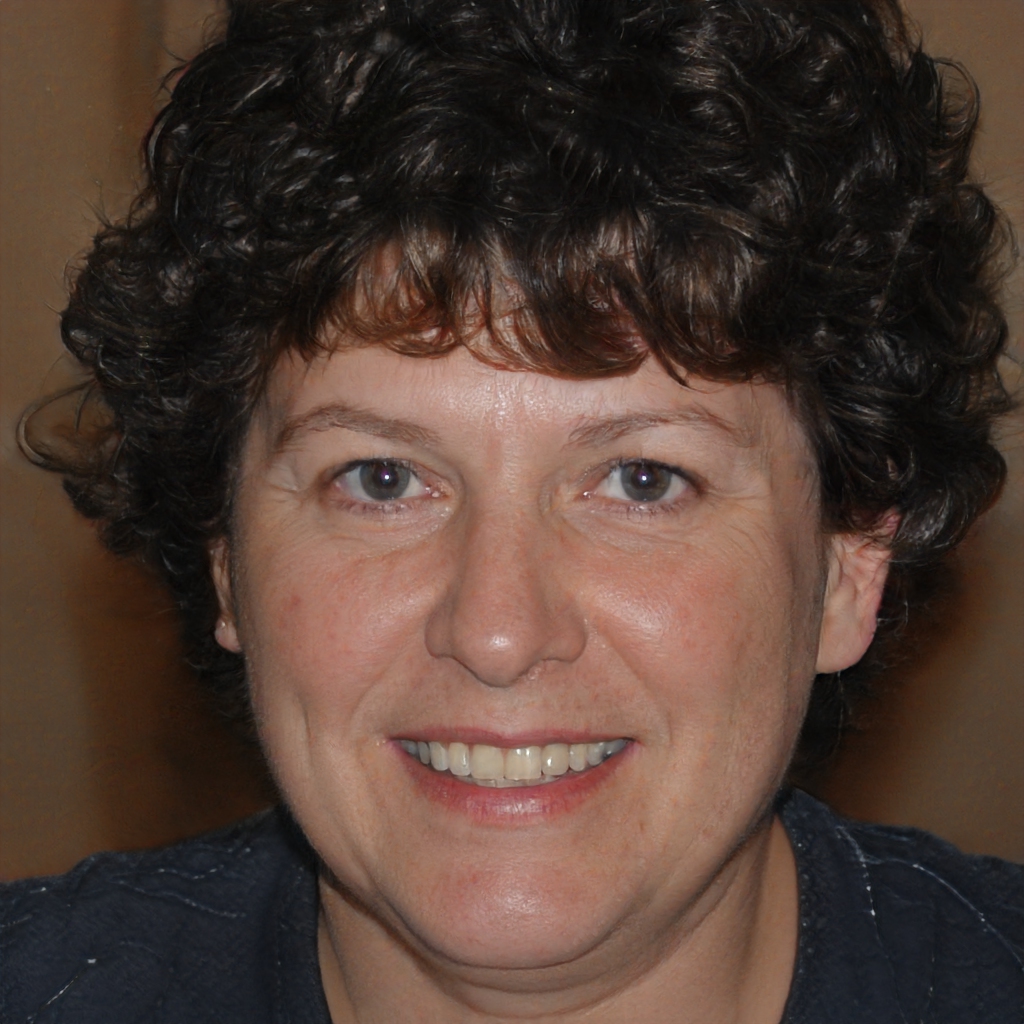Social media addiction is a condition in which a person feels a compulsive need to use social media platforms, such as Facebook, Twitter, and Instagram, in order to connect with others. Symptoms of social media addiction include feeling anxious or depressed when not using social media, spending excessive amounts of time on social media, and neglecting work or other important activities in order to use social media. Social media addiction is a relatively new phenomenon, and more research is needed to understand its causes and effects.
What are the symptoms of addiction to social media?
The symptoms of addiction to social media can vary depending on the person, but some common symptoms include feeling anxious or depressed when not using social media, feeling the need to use social media more and more often, and neglecting other important activities in favor of using social media. If you or someone you know is exhibiting these symptoms, it is important to seek help from a professional.
What is the example of social media addiction?
There is no definitive answer to this question as it is difficult to diagnose and quantify social media addiction. However, some common symptoms may include spending excessive amounts of time on social media platforms, feeling anxious or depressed when not using social media, and neglecting work or other important obligations in favor of social media use. If you or someone you know is exhibiting these symptoms, it is important to seek professional help.
How do I stop my social media addiction?
There is no one-size-fits-all answer to this question, as the best way to stop a social media addiction will vary depending on the individual. However, there are some general tips that can be useful for anyone struggling with this issue.
First, it is important to recognize that social media addiction is a real problem. If you find yourself spending more time on social media than you'd like, or if it's interfering with your work or personal life, it's time to take action.
One way to start is by setting limits on your social media use. This could involve setting a daily time limit, or only using social media at certain times of day. It may also be helpful to delete social media apps from your phone, or to log out of your accounts when you're not using them.
It can also be helpful to find other activities to fill your time. If you're used to spending hours on social media, you'll need to find something else to do with that time. This could involve taking up a new hobby, spending time with friends and family, or getting involved in your community.
If you're struggling to stick to your social media limits, or if you find that you're still addicted even after making changes, it may be time to seek professional help. There are a number of counseling and therapy options available, and you may find that this is the best way to help you break your addiction.
How social media addiction affects students?
The use of social media has become increasingly popular among young people, with a recent study finding that nearly two-thirds of college students use social media sites daily (Pew Research Center, 2015). While social media can have many positive effects, such as helping students stay connected with friends and family, there is also a potential for negative consequences, such as addiction.
Addiction to social media can lead to a number of problems for students, both academically and personally. For example, students who are addicted to social media may spend more time on these sites than studying, which can lead to poorer grades. Additionally, addiction to social media can lead to social isolation, as well as anxiety and depression.
If you are concerned that you or someone you know may be addicted to social media, there are a few signs to look for, such as feeling anxious or depressed when not using social media, using social media more frequently or for longer periods of time than intended, and neglecting other important activities in favor of social media use. If you are worried about your social media use, there are a number of resources available to help you, such as counseling and support groups.
